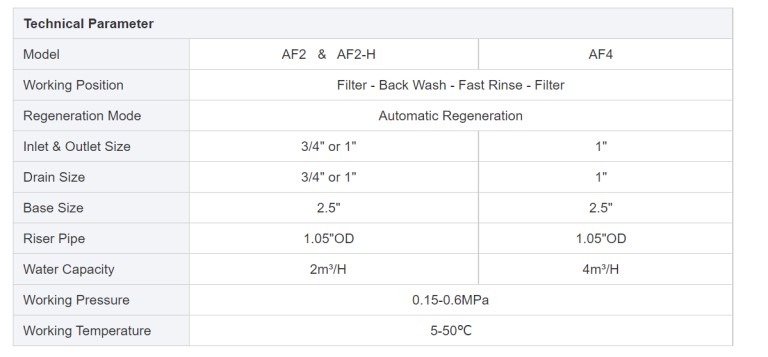“Softened water, gentle on your skin and appliances.”
Is Softened Water Acidic?
Water is an essential element for life, and its quality can have a significant impact on our health and daily activities. One common method used to improve water quality is water softening. Water softening is the process of removing minerals such as calcium and magnesium from water, which can cause hardness and scale buildup in pipes and appliances. However, there is a common misconception that softened water is acidic. In this article, we will explore whether softened water is indeed acidic.

To understand whether softened water is acidic, we first need to understand the process of water softening. Water softening is typically done using ion exchange resins, which replace calcium and magnesium ions with sodium ions. This process helps reduce the hardness of water and prevents scale buildup. However, the exchange of ions can also affect the pH of the water.
When calcium and magnesium ions are removed from water during the softening process, they are replaced with sodium ions. Sodium ions are neutral and do not affect the pH of water. Therefore, softened water is not inherently acidic. In fact, softened water tends to have a slightly higher pH than hard water, as the removal of calcium and magnesium ions can make the water less acidic.
| Model | Central tube | Drain | Brine tank connector | Base | Maximum power | Operating temperature |
| 2700 | 1.05″ O.D. | 3/4″NPTF | 3/8″ & 1/2″ | 2-1/2″-8NPSM | 74W | 1℃-43℃ |
It is important to note that the pH of water can vary depending on various factors, such as the source of the water and the treatment process it undergoes. While softened water is not acidic, it is possible for water to become acidic if it is not properly treated or if it comes into contact with acidic substances.
One potential concern with softened water is the increased sodium content. Since sodium ions are used to replace calcium and magnesium ions during the softening process, softened water can have a higher sodium concentration. While this is generally not a health concern for most people, individuals on a low-sodium diet may want to consider alternative water treatment methods.
In conclusion, softened water is not acidic. The process of water softening removes calcium and magnesium ions, which can make the water less acidic. While softened water may have a slightly higher pH than hard water, it is not considered acidic. However, it is important to consider the potential increase in sodium content in softened water and take appropriate measures if necessary.
Overall, water softening is a beneficial process that can improve water quality and prevent scale buildup. By understanding the effects of water softening on pH and sodium content, individuals can make informed decisions about their water treatment options. Softened water is not acidic, but it is essential to consider all factors when choosing a water treatment method that best suits your needs.







